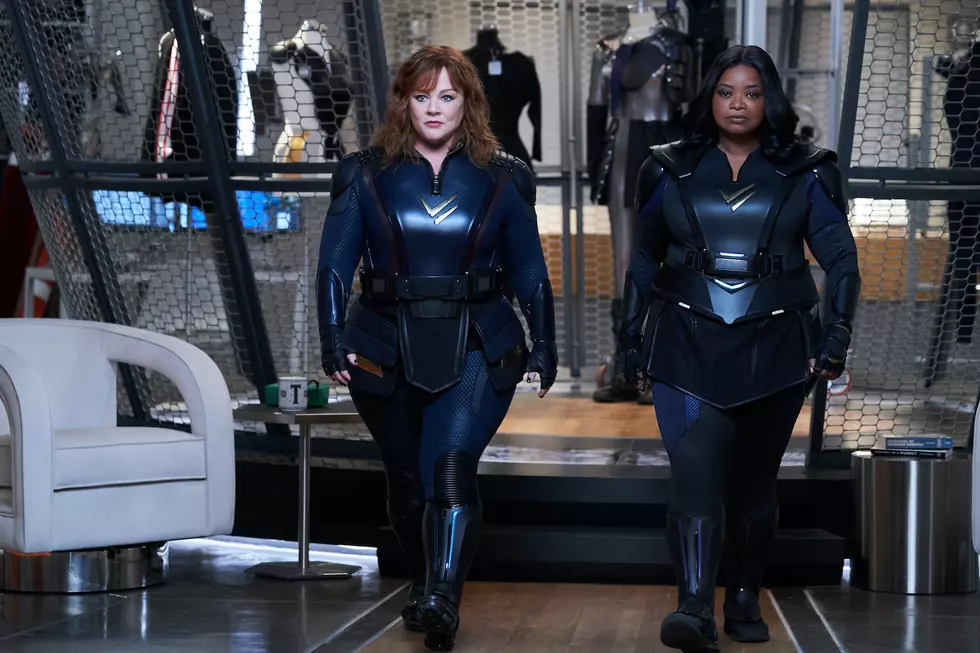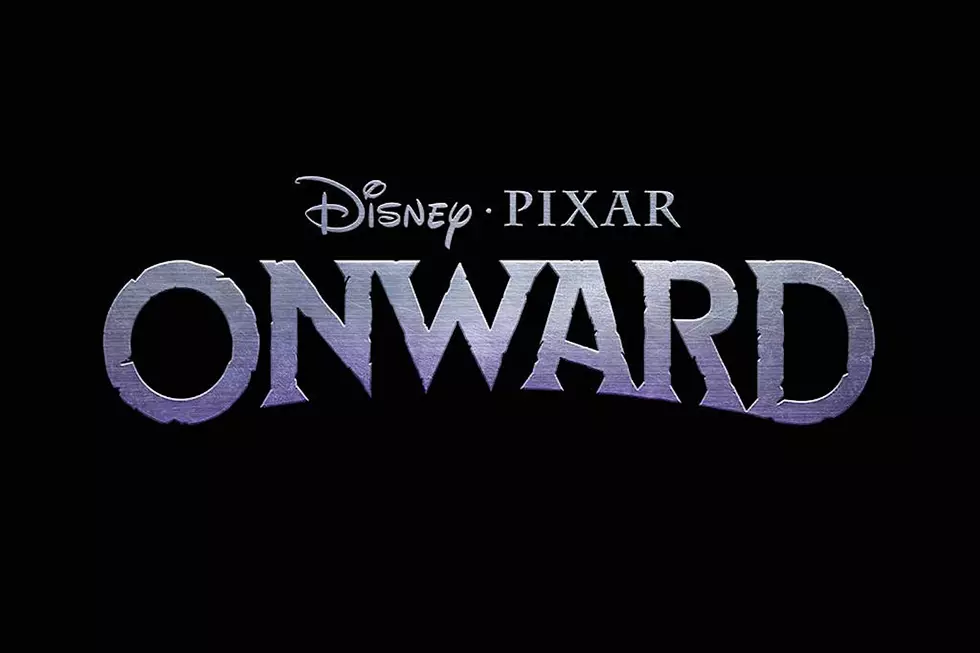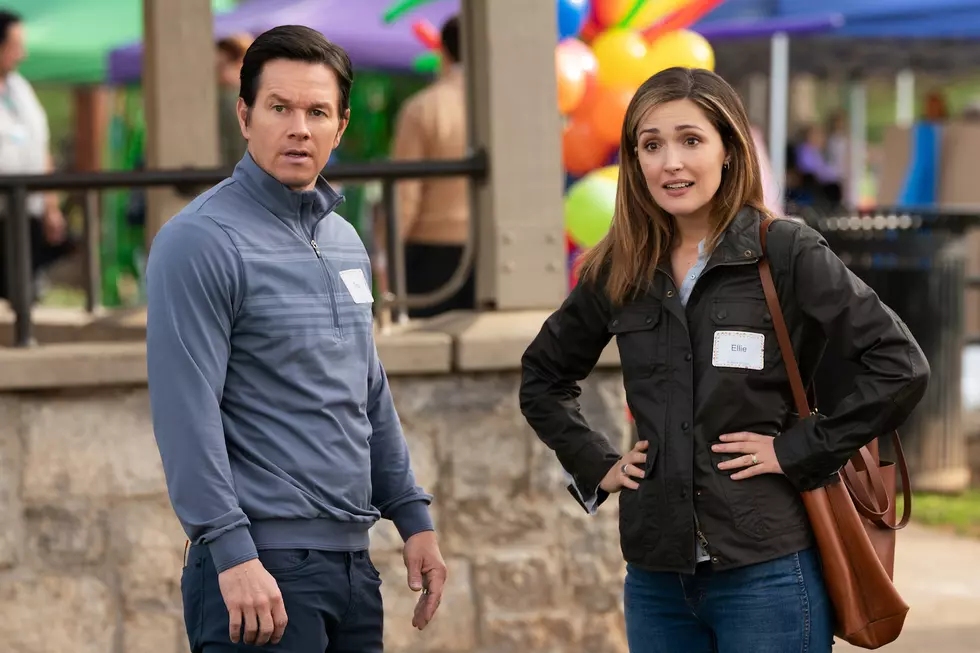
‘A Kid Like Jake’ Director Silas Howard on Celebrating the Ambiguity of Gender Identity, ‘Transparent’ and ‘Pose’
17 years ago, Silas Howard co-directed and starred in one of the most influential trans films, By Hook or By Cook. Made on a shoestring budget by Howard and his friend, costar and co-director Harry Dodge, without any filmmaking experience, the movie went on to debut at Sundance in 2001 and win the South By Southwest Audience Award the following year. Since then, Howard’s become known as one of the most prominent trans directors in Hollywood, helming episodes of Transparent and This Is Us. Now he’s directed his biggest project yet, an indie starring two Emmy winners and an Oscar winner.
In A Kid Like Jake, adapted from the play by Daniel Pearle, Claire Danes and Jim Parsons play Brooklyn parents trying to get their gender nonconforming preschooler Jake (Leo James Davis) accepted into private school. Jake likes to wear dresses, refuses to be anyone other than Rapunzel for Halloween, has the full Disney princess DVD collection. While both Danes’ Alex and Parsons’ Greg are the epitome of woke Park Slope parents who embrace their kid’s gender-expansive play – often with a little educational help from their lesbian friend Judy (Octavia Spencer) – they also struggle with how to raise Jake. Ultimately, A Kid Like Jake isn’t really about the kid, but is more of a nuanced look at the parents who, while supportive and progressive, screw up out of misunderstanding and fear.
When I caught up with Howard in New York City last week, he told me why it felt important to make a movie that doesn’t depict parents rejecting their LGBTQ child – a realistic narrative, though one we’ve seen before – but one that tells a more complex story. He spoke about his experience as a trans director in Hollywood, how he’s been able to instigate more diverse casting, along with his hopes for Transparent‘s final season following the Jeffrey Tambor allegations. Howard also told me about directing an episode of Pose, and what makes the upcoming Ryan Murphy series so special.
It’s so awesome to see you working on this film, one with such a well-known cast. From By Hook or By Crook to this, it’s just amazing.
I know. It’s crazy. It’s so different, although with even this huge of a cast, and because we were independently made and everyone came in at scale, there was an intimacy. We were all on set together. But there is an intimacy in that everyone’s in it for the right reason. For me, I’m obsessed with loss and transforming loss, or trying to transform trauma or difficult situations. So totally different, but there are some similar notes from one to the other. Obviously I’ve worked between the two, but I haven’t worked with this level of a cast before. I get to work with all these women and Jim. Octavia and Ann [Dowd] and Claire and everybody, so nice as they are, is talented too. It was a really good experience.
How did you get involved as the director?
I came on with both Jim and Claire attached, and [original playwright] Daniel Pearle doing the screenplay. I found it really interesting, and I had some changes that I was interested in making. And in a good way we weren’t financed, which meant I had time to work with Daniel to see if we were able to make a fit. It was his baby so I didn’t really want to come in and pose changes that wouldn’t work. But we really collaborated beautifully. We spent a couple of months shifting a few things. With nuanced writing, you can really go into the weeds and shift things and feel them without radically changing the structure of the script. So we did that and then went out to Octavia and then went through the whole amazing cast.
I found it so interesting that we hardly see Jake onscreen in the film. It’s much more about the parents’ perspective of the child.
It was interesting because at first, it was counterintuitive to me to not show the gender expansive kid. Because, you know, my whole work is around visibility. But actually because it’s around a four-year-old kid – who may or may not be trans, may or not be gay, he might be an effeminate man, maybe he’s straight – I wanted to live in the ambiguity and show how quickly we don’t let that live as a society, and how those pressures sort of play out. It felt like one of the more political statements for me as a director to flip that and not let the audience have their catharsis or decision-making based on how girly or boyish [Jake is], or try to decide the gender by looking at our kid.
I did ask casting to really open up for an actual princess boy. I really wanted a boy who loved dresses. I wanted that realness and I also didn’t want to put a boy in a dress who didn’t want to be in a dress. I’m just not into doing that. Because the photo double for Leo [James Davis], who plays Jake, actually he was really upset when we put him in a dress. And I felt compassion for him. He’s just a little kid and he doesn’t know and he was having a hard time. But it made me so glad that we had Leo because his parents have really supported him. He’s like, “I’m a boy who likes beautiful things.”
And we used all [Leo’s] clothes. Obviously, we had to pull back because I’m like, Jake doesn’t have access to all of these fabulous dresses yet! That’s Jake next year.
That’s wonderful you were able to find a young actor who could identify with Jake and his gender expression.
Yeah, and actually [Leo’s parents] had pushback from the principal of one of their schools. So they’re kind of engaged. It’s interesting, we found him and I wanted to spend time with Leo. He hadn’t really done acting before, so I was like “We’ve gotta hang out and see if it makes sense.” By doing that, I got to know the parents and they’re like, “We love this story,” and they proceeded to tell me their situation, which they’re very open about. It was in The New York Times, so I’m not divulging any secrets there.
They’re in a legal battle because the school ended up calling child protection services, simply for letting Leo come to school in a dress because immediately they started looking for sex abuse at home. And I talked to GLAAD, who I consulted with on this project, for the language that [Octavia Spencer’s character] Judy uses, because even as a trans person I’m like, I don’t know the latest. I love gender nonconformity because I’m a nonconformist, but gender-expansive play is even more positive so that came from GLAAD.
I love that you mention the ambiguity of Jake’s gender. I’m trans, and every time I see a movie tackle gender identity, I always approach it with skepticism and caution. But this film was a nice surprise. It’s really beautiful to see a young character who isn’t explicitly labeled as one thing, and sending the message that that’s OK. How important was representing that ambiguity for you?
Thank you. Very important. Because like I said, a lot of my work centers around trans and gender nonconforming – or really, centers around stories where the characters happen to be that. First, it’s about stories. And I’ve been very fortunate with TV to be able to work on Transparent and The Fosters, Faking It and I’m on Pose right now. So I’m working with incredible groundbreaking storylines around LGBTQ characters. I’m just so grateful because I’ve done it on my own for so long and now to see that land on such a wider platform, it’s important for people to be able to access it.
I really want room for the ambiguity. We live in a culture that’s so polarized, I just thought, “Oh my god, to protect this space where it’s not yet labeled but open.” I’m glad that it resonated. I think it was great that this was such a queer helmed project and that they brought me on as a director. Not to make it sound like that, but brought on someone who’s trans or gender nonconforming to tell this story, I think it’s important. Because I can kind of go into the messy areas, even places that made me uncomfortable because I knew where we were going. It felt like that ability to go into the messy areas was opening up a conversation in a way that a message movie would not. I didn’t want a message; I just think it’s hard to do the right thing and know what the right thing is.
Both of Claire and Jim’s characters, they support their kid and try to do the right thing, but they also say the wrong things and don’t really understand concepts around gender identity.
They’re afraid.
It’s interesting to show this progressive couple trying to do their best, but ultimately messing up.
A lot of it’s fear and I think it’s also – it’s easy to say something, but if it’s your little person that’s going to go into the world and maybe be bullied or attacked and you feel like it’s your job to make that not happen, then you do the wrong thing. I just wanted compassion.
When I worked with LGBT houseless youth, a lot of times they didn’t want to see the same parent narrative of the parent rejecting the family. They wanted to see the parent doing the right thing. And they were making narratives around showing parents accepting their trans or gay or lesbian child because of their religion, not doing the opposite. I was like, “Wow, they’re trying to model for us on how to do the right thing.” We’ve seen the narrative of the rejection. So I was trying to show both where it’s like, the parents who should have no problem actually do, so then people can be like, “Oh it’s not just a left or right issue. It’s a human issue.” I think parenting or just trying to support people, or kids, or knowing what the right thing is, is not an easy thing to do.
I’ve spoken to a handful of trans actors about what their experience has been like in the industry. But as a trans director who’s been working for some time, what’s your experience been as far as landing bigger projects over the years?
It’s been amazing the last few years. It’s interesting because [with] Transparent, I’ve been able to do other TV shows, but I was making films for 14 years before Transparent. There’s also this weird moment of, all a sudden you’re seen but you’ve been working. I’ve worked with trans and gender nonconforming actors, I’ve had that be the subject of my work. So that’s very familiar and I guess what’s been exciting is watching the evolution.
Like with Pose, getting to work with five trans women of color on a show where in between set ups we can talk about like, “Oh my god, this scene is really intense because of this, and I remember that.” Even if our experiences are different, just the transness and queerness, it’s been such a gift. When I got to work with Trace [Lysette] and Alexandra [Billings] on Transparent. And Elliot Fletcher was in my first episode of Faking It, which was his first TV show. They didn’t even realize, they were like, “Oh hey, we just realized we have a trans director and it’s our first episode with a trans actor.” So I was very involved with their casting.
Even with this. I love with A Kid Like Jake, Jim’s an out gay actor playing straight. Octavia is a straight actor playing a lesbian. I cast Aneesh Sheth to play the primal scream therapist, who’s trans. It has nothing to do with the storyline. I was like, “Let’s just next level it up.” So having my casting directors and saying to them, “Can we open up this role to women?” Yeah. Cis, trans, just open up the definition of women for this role. They were like, absolutely. They brought in people I knew and they also brought in people I had yet to meet and at the end of the day, I was like, this is how it should always be. I love that I got to do that with full support of the production. It was fun. It’s just all steps along the way. Just wherever we can push the boundaries of it is great.
Do you feel like you’ve been approached more for LGBTQ projects since working on Transparent?
Yeah, sure. And I don’t really feel pigeonholed by LGBT stories. I just tell human stories and they happen to be. I’ve done the math my whole life. I think what Pose will hopefully show is that people are ready to do that math, they don’t need to see this carbon copy of themselves, meaning cis white middle class dude, you know. I’ve watched so many storylines that don’t represent me at all, but I connect because it’s about love or loss or whatever. I think when a story is truly centered, everyone can connect because it’s about human condition. It’s not about identity politics. I think the more we get to do that, hopefully the more storylines we get to occupy.
Do you know if you’ll be involved in Transparent Season 5 at all?
I wasn’t involved in Season 4 so I don’t imagine I would be involved in Season 5. I’m very close to the team and I love them dearly and I’m heartbroken over what’s gone on with Jeffrey Tambor. Trace and I are close, Van [Barnes] and I are close. That’s been a painful thing. I don’t want the legacy of the show to go down by this one storyline. I think they will do something really exceptional in Season 5.
A Kid Like Jake opens in limited cities June 1.
More From ScreenCrush









